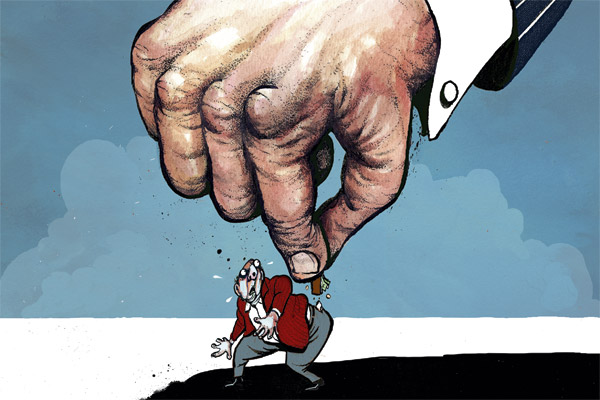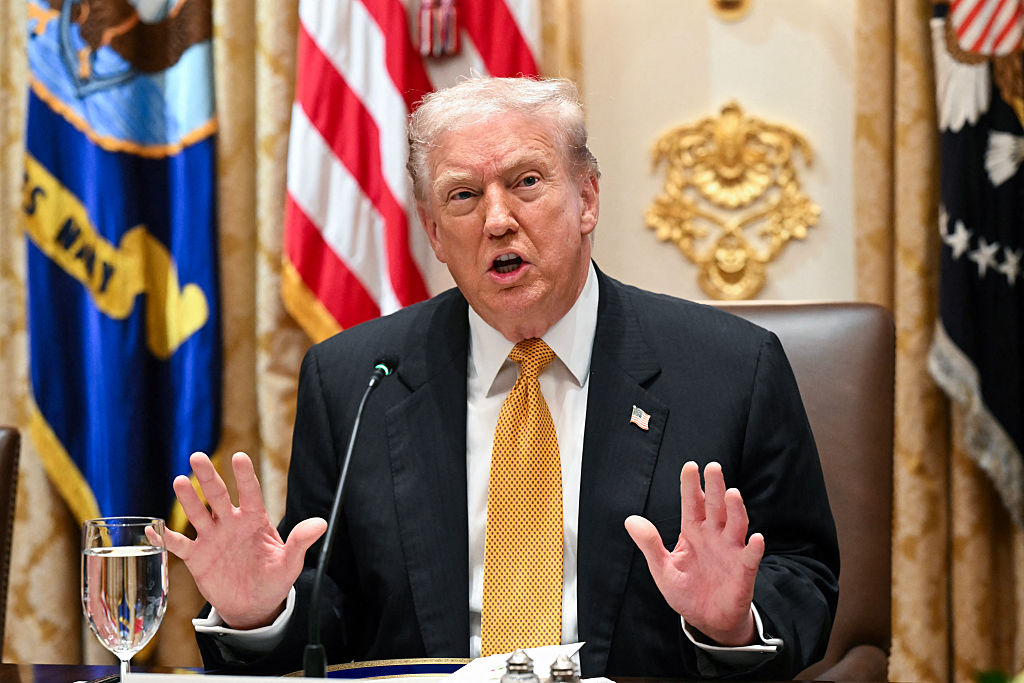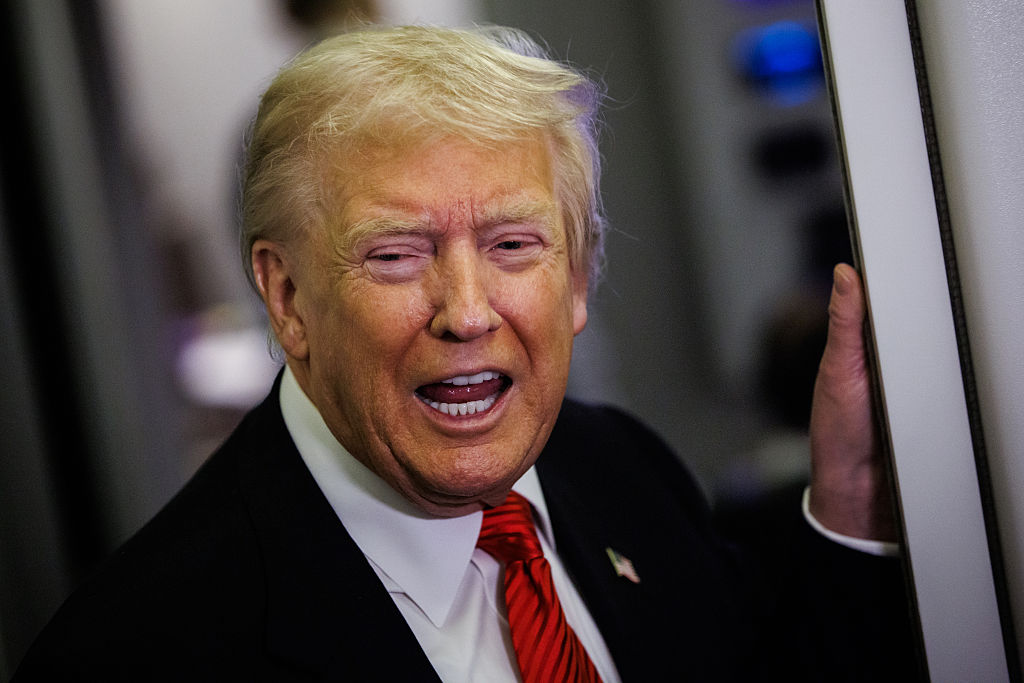So is this what the new era of global cooperation looks like? The EU has agreed to delay the introduction of its proposed digital levy until the fall to allow negotiations for a global minimum corporation tax. Biden had demanded that the digital tax be dropped, seeing it as a direct attack on US tech giants. In other words, the EU appears keen to compromise in the face of US pressure — something that it would have been less likely to do under Donald Trump.
The move makes it more likely that a global minimum corporation tax of 15 percent will now become reality. Is that a cause to cheer? Not if you are Ireland, which has grown wealthy in recent decades by setting a corporation tax rate of 12.5 percent and which bitterly opposes the 15 percent proposal — even though at that level the country would continue to have a rate that is markedly lower than other major developed economies. During the Brexit negotiations, the EU threw its full weight behind Ireland over the Irish border with the UK. Now, Ireland seems to have been abandoned by the EU — along with Hungary, which also has a competitive corporation tax.
Both tax proposals, the 15 percent corporation tax and the EU digital levy, have been championed as a case of global governments getting together to take on fly-by-night multinationals who have no loyalty to any set of employees, just an overarching desire to pay less tax. Yet they are really a case of the US and the EU trying to repatriate tax revenues from smaller countries with less clout. There is nothing in the 15 percent corporation tax proposal if you are a small, nimble country trying to attract the attention of overseas investors. Likewise, the EU’s digital levy is a fairly blatant way to target US tech giants — even though, to remain legal, it has ended up catching small tech companies based in the EU.
The suspension of the digital levy does not mean the end of the proposal — it has merely been delayed until fall. Nor does it affect the digital taxes imposed by individual countries such as France. The new world emerging from the pandemic is less one of global cooperation than one of large, powerful countries and blocs being more prepared to use their political might to increase their own tax revenues — at the expense of smaller, more enterprise-leaning nations.
This article was originally published on The Spectator’s UK website.

























